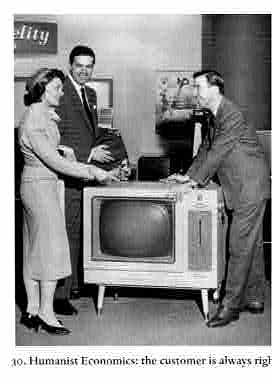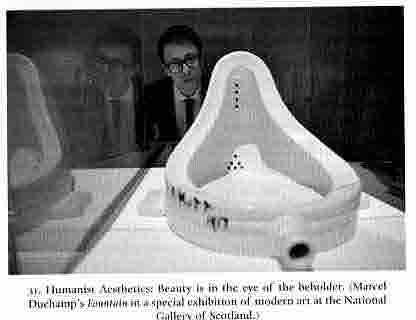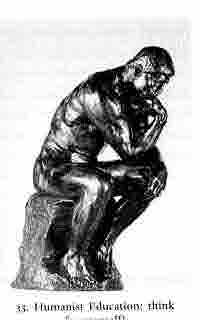In order to better understand the Humanist Manifesto I (1933), the reader can read its history in The Genesis of a Humanist Manisfesto (1995) by Edwin H. Wilson. Briefly, it was the brainchild of Unitarian ministers who recruited the philosopher Roy Wood Sellars to compose the first draft. And to understand Sellars’ mind-set in characterizing humanism with the words “religious” and advocating “socialism”, it is advisable to consult his two earlier books: ”The Next Step in Democracy” (1916) and “The Next Step in Religion” (1918) [Both words were omitted in Humanist Manfesto II (1973) and III (2003)]
The word “religion” is ambiguous. Normally, it is used to refer to religions basesd on a belief in the supernatural. But given that Buddhism, Confucianism, and Taoism are included in studies of religions, the concept of a religion may be expanded to cover also what are called ideologies and world views, as is done , for example, when Communism is described as a religion. In this expanded sense of “religion”, both Sellars and Harari characterize “secular (i.e., non-supernatural) “humanism” as a religion.
As to the word “socialism,” it too is ambiguous. In contemporary usage, it means State control of industry and more. But what Sellars means by “socialism” is the ideal of amelioration of the living conditions of all human beings through liberty and justice. And he advocate doing this through an unspecified “democratic” process.
In dropping the words “religion” and “socialism”, Humanist Manifestoes II and III mean to be more generic is advocating a common good.
Harari, by contrast, is very specific in what he means by “humanism.” He means to contrast the pre-humanistic appeal to God and authority with the “humanistic” appeal to the umbrella term — “feeling.” And his characterization of humanism is in fact a characterization of capitalism and liberal democracy through the following misleading and inappropriate slogans.
Humanistic Politics: The voter knows best.
Humanistic Economics: The customer is always right.
Humanistic Aesthetics: Beauty is in the eye of the beholder.
Humanistic Ethics: If it feels good – do it.
Humanistic Education: Think for yourself.
If the reader thinks I am presenting a caricature, below is a reproduction of pp. 234-5.





